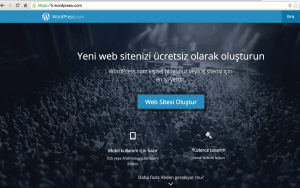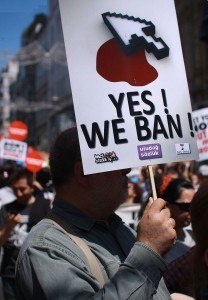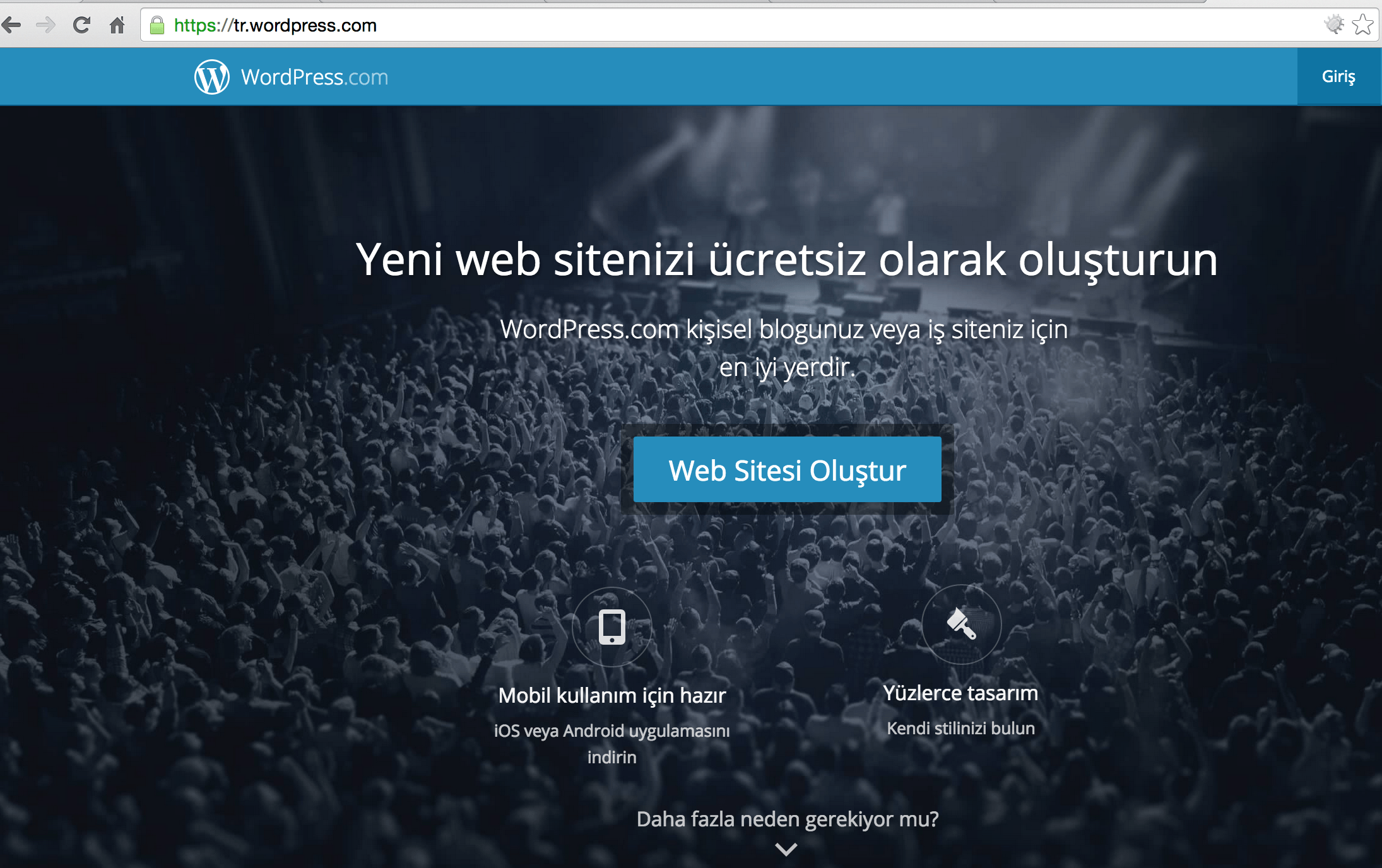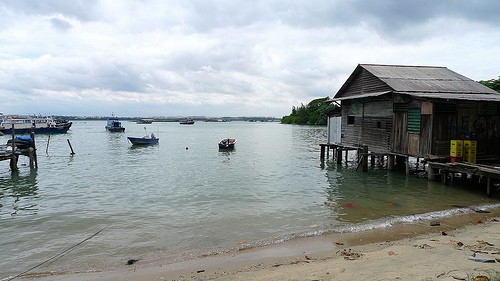Last week I had the privilege of speaking at the second-ever WordCamp Dallas-Forth Worth; I gave a second version of my talk “Understanding & Combating Global Censorship with WordPress.” Overall it was a successful talk, I had a great handful of very engaged people in the crowd. As usual, my focus on discussing Web censorship in China piqued the most interest. After the talk, my colleague Jonathan, who was live tweeting my primary points, mentioned we were getting some flak on Twitter because of my claim that WordPress.com is blocked in Turkey.
@wpengine No! It’s not! @jgamboa
— Arda Kutsal (@ardakutsal) September 12, 2015
As far as I knew, this was definitely the case. In doing my research for my WordCamp talks, I came across numerous reputable news sources that claimed WordPress.com was blocked in Turkey (because of a single blog post to boot). The Daily Dot reported WordPress.com was blocked due to a single government order. Tech Dirt also reported the incident as well.
Two people in Turkey, Arda Kutsal, founder and CEO of Webrazzi (a web magazine that uses WordPress), and Mustafa Uysal, an entrepreneur and self-pro-claimed “WordPress addict,” made a point of correcting my claim.
I was skeptical about their claims WordPress.com wasn’t blocked, as I know censorship can be a sensitive subject in Turkey. However, Arda’s persistence and Mustafa’s screenshot of an active WordPress.com Turkey homepage sealed the deal :

To be honest, I kind of panicked when I saw this. How was my information wrong? What did I miss? How should I work to make this right? After some extended back-and-forth with Arda and Mustafa on Twitter (it’s too much all to post here), I was able to get a better understanding of what happened. I was told that during the time when The Daily Dot reported WordPress.com was blocked, there were definitely issues with things like Jetpack and other features, but it wasn’t outright blocked indefinitely like you would see in China behind the Great Firewall. It had to do more with a few IPs getting blocked that brought the service to halt temporarily. It looks like some media outlets pounced on this report and never really followed up to see if the block was in place some weeks later.
Censorship (in media and the web) is still very real in Turkey. With all that being said, the OpenNet initiative still has a major report on the selective blocking of the Internet in Turkey, and EngelliWeb still maintains a list of blocked domains in the country.
In general, major social media sites like Twitter have been the ire of the government (Turkish President Recep Erdoğan threatened to “wipe out Twitter” in 2014), but it has been some time (Arda said 2007) since WordPress itself was the target of a major censorship campaign.

However, now that I have this new information, and by talking with Arda and Mustafa directly after my WCDFW talk, I’ll be able to update my future discussions accordingly so that I can give more accurate information about the way Web is censored around the world.
The fact remains that these two WordPress users, some 6,000 miles away from my actual talk, were still able to contribute and fact-check my work to ultimately make it better. It’s exhilarating to see the global reach of the WordPress community and the democratization of Web content. It makes me hope that someday that I won’t have to give talks about censorship on the Web. Nevertheless, I’m still grateful that I was called out on Twitter.



